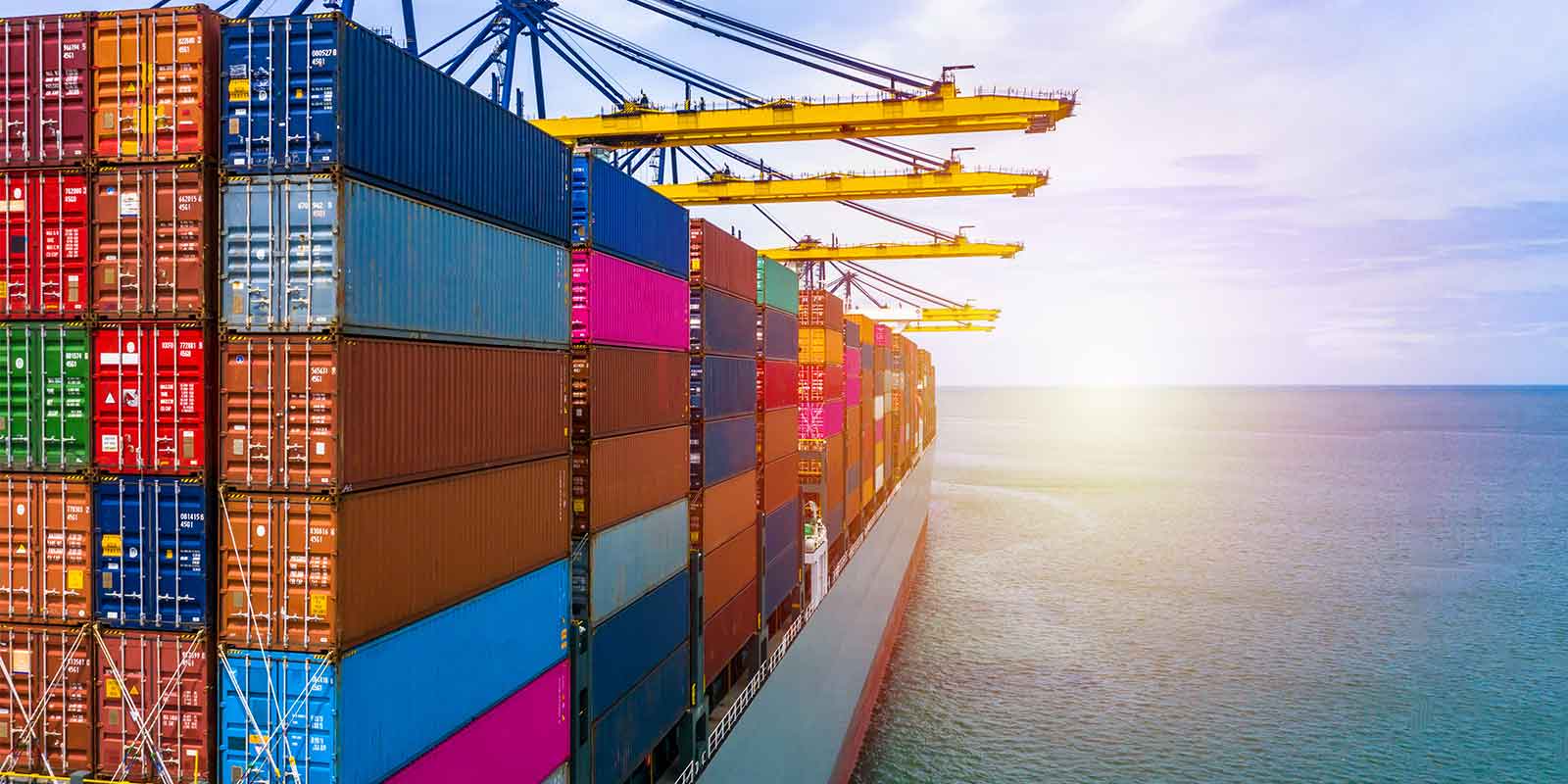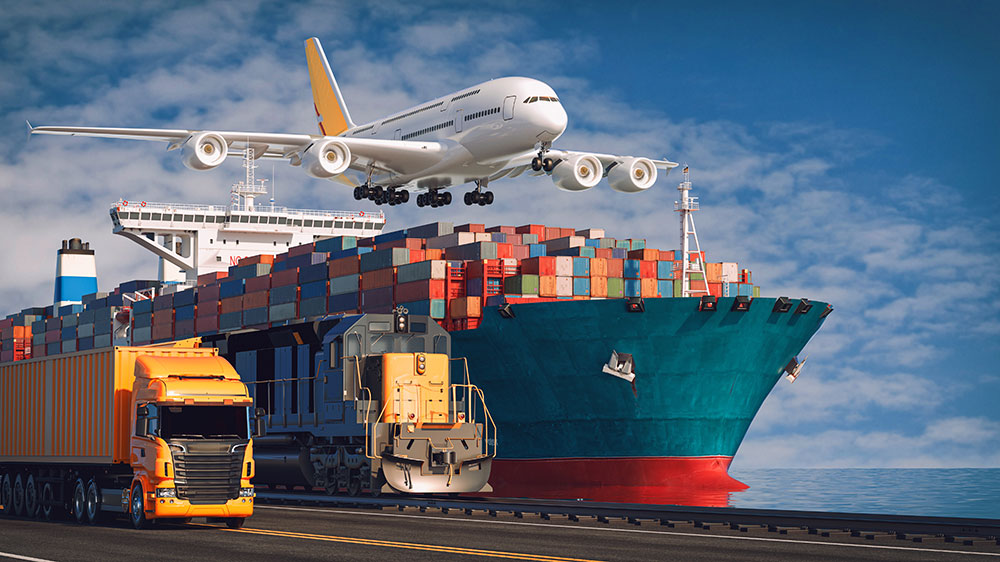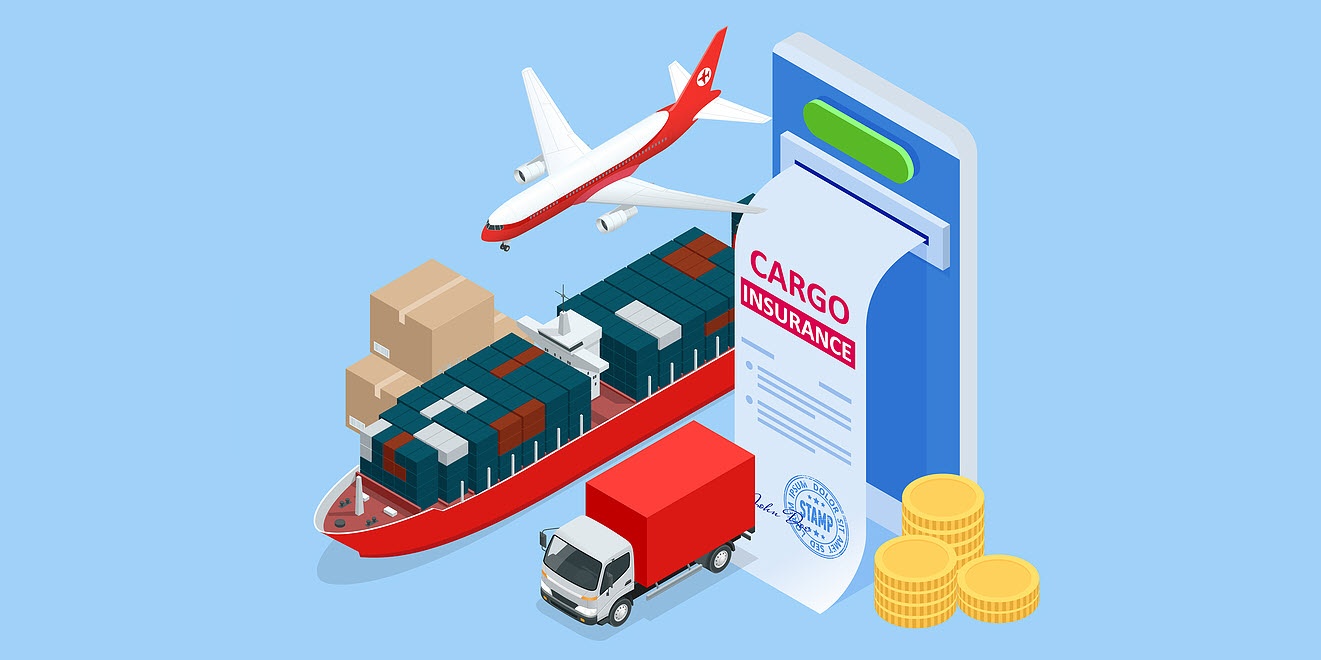
Marine Cargo Insurance Pdf
International Marine Cargo Insurance is a specialized insurance coverage designed to protect goods that are transported by sea, air, or land across international borders. It provides financial protection against physical loss or damage to cargo during transit, covering a wide range of risks that might occur from the point of departure to the final destination. Businesses that import or export goods often use marine cargo insurance to safeguard their shipments, ensuring peace of mind in the face of unpredictable shipping conditions.
Key Features of Marine Cargo Insurance
- Coverage for Transit Risks: Marine cargo insurance covers a variety of risks, including damage or loss of goods due to events like:
- Sinking or capsizing of the vessel

- Theft or piracy
- Fire or explosion
- Bad weather conditions, storms, and natural disasters
- Loading or unloading accidents
- Collision with other vessels or objects
- War or strikes (optional add-ons)
- Sinking or capsizing of the vessel
- Types of Coverage: There are three main types of marine cargo insurance policies:
- All-Risks Policy: Provides the most comprehensive coverage, protecting goods against all types of risks except for specifically excluded events.
- Named-Perils Policy: Covers only the risks that are explicitly mentioned in the policy, such as fire, collision, or piracy.
- Free from Particular Average (FPA) Policy: A more limited coverage that protects against only major incidents like sinking or burning, excluding minor damages.
- Global Reach: International marine cargo insurance policies are designed to cover shipments across the globe. These policies are vital for businesses involved in global trade, ensuring that their cargo is covered from the point of origin (warehouse or factory) to the final destination.
- Incoterms and Liability: The terms of shipment and liability in international trade are often dictated by Incoterms (International Commercial Terms). These standardized terms define the responsibilities of buyers and sellers, including who bears the risk at different stages of the shipping process. Marine cargo insurance helps mitigate these risks by ensuring the responsible party can recover losses if an incident occurs during the transit.
- Open Policy vs. Single Shipment Policy:
- Open Policy: Covers multiple shipments over a specified period (typically a year), which is beneficial for businesses that frequently transport goods internationally.
- Single Shipment Policy: Provides coverage for one specific shipment. This is ideal for businesses or individuals shipping goods infrequently or for special one-time shipments.
Importance of Marine Cargo Insurance
- Minimizing Financial Loss: International shipments are exposed to various risks during transit, from theft and damage to natural disasters. Marine cargo insurance ensures businesses do not face significant financial losses if their goods are damaged or lost.
- Compliance with International Trade Requirements: Many trade agreements, contracts, or regulatory frameworks mandate cargo insurance as a prerequisite for international shipping, ensuring all parties involved are financially protected.
- Peace of Mind for Importers and Exporters: Marine cargo insurance provides security to both importers and exporters, allowing them to focus on growing their business without worrying about the risks associated with global transportation.
- Customization Options: Policies can be tailored to suit specific needs, allowing businesses to add optional coverages, such as war, strikes, or terrorism, depending on the destination or the nature of the cargo.
Exclusions in Marine Cargo Insurance
Like any insurance policy, international marine cargo insurance has exclusions, which may vary depending on the provider. Some common exclusions include:
- Loss due to poor packaging or inadequate preparation for transit
- Inherent vice (damage caused by the nature of the goods themselves, like rusting or spoilage)
- Delay in transit not caused by an insured risk
- War, strikes, or riots (unless these perils are added to the policy)

International marine cargo insurance plays a crucial role in international trade, providing protection against the many risks faced during the shipping of goods. Businesses involved in importing and exporting rely on this insurance to avoid severe financial losses and ensure their goods reach their destination safely. Whether it’s a one-time shipment or regular trading activity, marine cargo insurance is an essential tool for mitigating risk in the global marketplace.
Advantages of International Marine Cargo Insurance
International marine cargo insurance offers significant benefits for businesses involved in global trade by protecting their goods from risks during transportation. Here are the key advantages:
1. Protection Against Financial Loss
One of the primary benefits of marine cargo insurance is protection against financial loss due to damage or loss of goods in transit. Since international shipments are exposed to various risks (storms, piracy, mishandling) , cargo insurance ensures that businesses are not burdened by the total financial loss if something goes wrong.
, cargo insurance ensures that businesses are not burdened by the total financial loss if something goes wrong.
2. Comprehensive Coverage for Various Risks
Marine cargo insurance offers coverage for a wide range of potential risks, including:
- Natural disasters (storms, hurricanes)
- Theft or piracy
- Fire or explosion
- Accidents during loading/unloading
- Vessel collisions
- Damage due to rough sea conditions
Depending on the type of policy, businesses can also choose specific add-ons, such as war risk or strike coverage, to tailor protection.
3. Global Trade Facilitation
Marine cargo insurance supports international trade by ensuring that importers and exporters can send and receive goods with peace of mind. Knowing that their shipments are insured allows businesses to focus on expanding their global operations without fear of financial setbacks due to unexpected incidents.
4. Compliance with Trade and Contractual Obligations
Many international contracts and trade agreements require insurance coverage as a standard practice. Marine cargo insurance helps businesses comply with these contractual obligations and international Incoterms, ensuring that the responsible party is protected at each stage of transit.
5. Risk Mitigation for Long Supply Chains
In global trade, supply chains often involve multiple transit points and modes of transportation (sea, air, land). This increases the risk of damage, theft, or delay. Marine cargo insurance offers comprehensive protection throughout the supply chain, covering the journey from the seller's warehouse to the buyer's destination.

6. Tailored Policies for Specific Needs
Marine cargo insurance policies can be customized to fit a company's specific requirements. Businesses can choose coverage for individual shipments, ongoing protection for multiple shipments (open policy), or add optional coverage for high-risk areas (war zones, areas prone to strikes or civil unrest).
7. Compensation for Total or Partial Loss
Marine cargo insurance provides coverage for both total and partial loss of goods. For instance:
- Total loss occurs when the entire shipment is lost, such as in a ship sinking or due to theft.
- Partial loss occurs when only part of the shipment is damaged or lost, such as goods damaged by seawater or mishandling. The insurance compensates businesses for these losses, ensuring minimal financial impact.
While international marine cargo insurance offers significant advantages, it also has some disadvantages or limitations that businesses should consider. Here are the key disadvantages:
1. Cost of Premiums
- Marine cargo insurance can be expensive, particularly for high-value or sensitive goods. For businesses that ship regularly, insurance costs can add up over time, affecting profit margins. The cost of premi
 ums also varies based on factors like cargo type, destination, and coverage level, making it an additional financial burden for some companies.
ums also varies based on factors like cargo type, destination, and coverage level, making it an additional financial burden for some companies.
2. Exclusions and Limitations
- Insurance policies come with exclusions that may leave businesses unprotected in certain situations. Common exclusions include:
- Inherent vice (damage due to the natural properties of the cargo, such as spoilage)
- Losses due to poor packaging or inadequate labeling
- Delays in transit not caused by insured perils
- War, strikes, and terrorism (unless additional coverage is purchased) These exclusions can lead to uncovered losses, limiting the overall effectiveness of the insurance.
3. Complex Policy Terms
- Marine cargo insurance policies can be complex and difficult to understand, especially for businesses without expertise in insurance or international trade. Misinterpreting the terms, conditions, or exclusions can result in inadequate coverage or complications during the claims process. Businesses may need to consult with insurance experts to fully comprehend their policies.
4. Time-Consuming Claims Process
- While the claims process for marine cargo insurance is generally efficient, it can still be time-consuming in cases where extensive documentation, investigation, or verification is required. Delays in receiving compensation can impact a business’s cash flow and operations, especially when dealing with high-value shipments.
5. Deductibles and Co-Payments
- Most marine cargo insurance policies include deductibles, meaning businesses must bear a portion of the loss before insurance coverage kicks in. This can be a disadvantage if the deductible amount is high, especially for small businesses. In addition, some policies may require co-payments, which further reduces the amount a business can recover in the event of a loss.
6. Coverage Gaps
- Even comprehensive "all-risks" policies have coverage gaps due to exclusions or limited geographical scope. For example, cargo traveling through high-risk areas such as war zones or regions prone to piracy might not be fully covered unless additional insurance is purchased, which increases the overall cost.
7. Potential for Underinsurance
- Businesses that do not accurately value their goods or fail to update their insurance policies regularly may face the risk of underinsurance. If the insured value is lower than the actual value of the goods, the insurance payout may not fully cover the loss, leaving the business to absorb part of the financial impact.

8. Administrative Burden
- Managing marine cargo insurance policies can be administratively demanding, particularly for companies that ship frequently. Keeping track of various policies, premiums, claims, and shipping routes requires time and resources, adding to operational complexity.
9. Risk of Misrepresentation
- Misrepresenting the nature of the goods being shipped or failing to disclose key information (such as hazardous materials) could result in denied claims. Businesses must ensure accurate and thorough communication with their insurance provider to avoid potential disputes, which can be an added hassle.
10. Limitations for Special Goods
- Insurance for certain types of goods (e.g., hazardous materials, perishable items, or high-value luxury products) may either be unavailable or subject to much higher premiums. Additionally, coverage for special goods may come with stricter conditions or higher deductibles, which can limit the financial protection for those shipments.
11. Not All Risks Covered
- Despite the term "all-risks" used in some policies, not all risks are covered under marine cargo insurance. For example, intentional damage or negligence during loading/unloading, loss due to delay, or damage caused by insufficient packaging might not be covered, even with comprehensive policies.
12. Dependence on Third-Party Assessors
- The outcome of claims may depend on third-party assessors, such as surveyors, who evaluate the damage or loss. If the assessor’s report does not align with the business’s expectations, disputes may arise over the validity of the claim or the compensation amount, leading to further delays or reduced payouts.
While international marine cargo insurance provides critical protection for businesses engaged in global trade, it is not without its downsides. Costs, exclusions, administrative burdens, and the risk of underinsurance or denied claims are potential disadvantages that need to be carefully considered. To maximize the benefits, businesses should ensure they fully understand their policies, choose appropriate coverage, and regularly review and update their insurance to reflect the value and risk of their shipments.
Posted on 2024/10/15 07:31 PM
